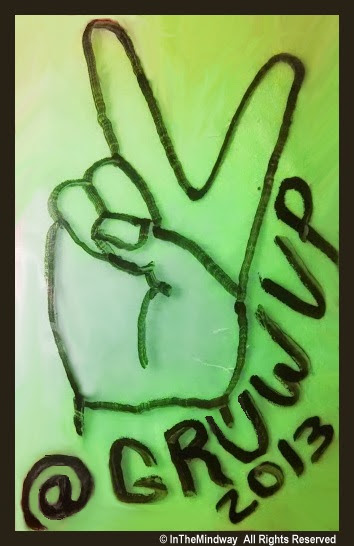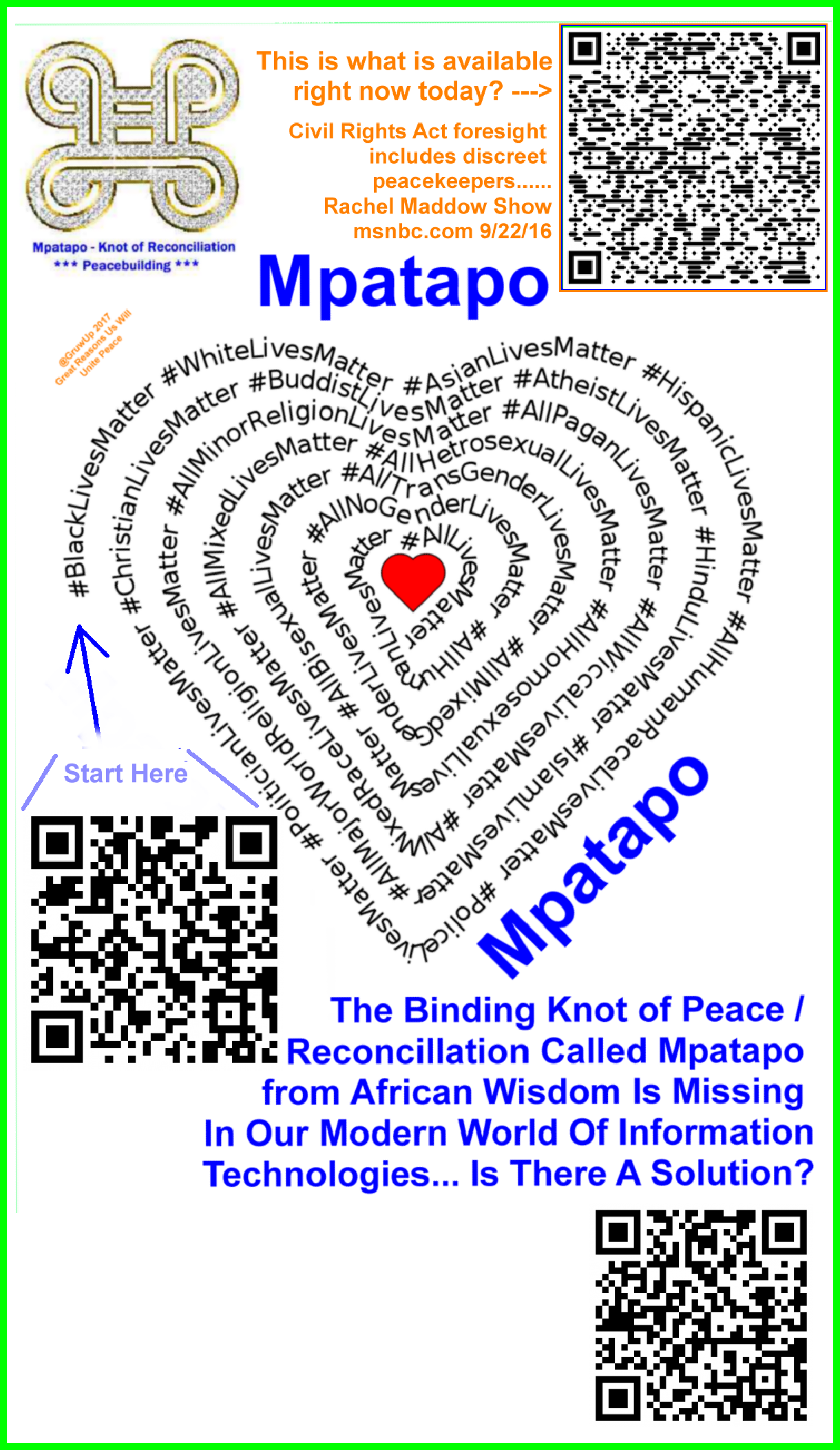
This image is an Adinkra symbol (a system of symbols from Ghana in West Africa) called mpatapo. It is meant to represent the "knot of pacification/reconciliation," and as such it is the symbol for reconciliation, peacemaking and pacification.
"Mpatapo represents the bond or knot that binds the separate parties in a dispute to a peaceful, harmonious reconciliation. It is a symbol of peacemaking after strife." --from West African Wisdom: Adinkra Symbols & Meanings
I am trying to expand my efforts at teaching conflict resolution throughout the schools where I work and have chosen this symbol as the "badge" to give kids and adults who have successfully learned the principles and have pledged to embody them throughout the school.
My guiding principles are summed up pretty well in the words of a Buddhist nun, so I will let her speak for me:
We need to bring loving-kindness not only into the family but also into the schools. Before I became a nun, I was a schoolteacher, so I have especially strong feelings about this. The most important thing for children to learn is not a lot of information, but how to be kind human beings and how to resolve their conflicts with others in a constructive way. Parents and teachers put a lot of time and money into teaching children science, arithmetic, literature, geography, geology, and computers. But do we ever spend any time teaching them how to be kind? Do we have any courses in kindness? Do we teach kids how to work with their own negative emotions and how to resolve conflicts with others? I think this is much more important than the academic subjects. Why? Children may know a lot, but if they grow up to be unkind, resentful, or greedy adults, their lives will not be happy.
Parents want their children to have a good future and thus think their children need to make a lot of money. They teach their children academic and technical skills so that they can get a good job and make lots of money -- as if money were the cause of happiness. But when people are on their deathbed, you never hear anybody wishfully say, "I should have spent more time in the office. I should have made more money." When people have regrets about how they lived their life, usually they regret not communicating better with other people, not being kinder, not letting the people that they care about know that they care. If you want your kids to have a good future don't teach them just how to make money, but how to live a healthy life, how to be a happy person, how to contribute to society in a productive way.
--excerpted from "Teaching Children by Example" by Venerable Thubten Chodron©





















